From A to Zika: The Story of My First Simulation
I still vividly recall my first time participating in a Global Health Sim. I was at the annual Health and Human Rights Conference held by the University of Toronto International Health Program, where one of the breakout sessions was a "global health simulation." Intrigued, I decided to attend.
Two dozen conference participants filed into a conference room and the session facilitators set the scene: we were all stakeholders responding to an emerging Zika outbreak in Brazil. For context, this conference was happening in March of 2016, right when cases of Zika in South and Central America were dominating headlines in international news. The proposed scenario was even more relevant for me because, at that time, I was an intern at Médecins Sans Frontières/Doctors Without Borders Canada, and one of my tasks had been creating briefing notes on Zika outbreaks. I was excited about the prospect of applying my new-found knowledge.
The facilitators then handed each of us an envelope containing our role and personalized objectives for the simulation. I opened my envelope and pulled out my role sheet – international news correspondent. I was a TV journalist!
Then, the clock started and the real fun began. Tables were pushed aside and conversations erupted as the 20 odd individuals in the room milled about trying to find out what other global health actors were in the room. As I was the reporter, I had the freedom to listen in on any conversation I could sneak myself into. I observed partnerships being formed between governmental departments and international agencies; caught disputes between controversial pseudoscience organizations and local university researchers; overheard the pleas of women's and children's rights activists; and more.
The simulation culminated with a roundtable discussion led by the chair of an ad hoc UN committee created to respond to the public health crisis. At the roundtable, all stakeholders gathered and made their case for how the response to Zika outbreak should be carried out and funding priorities. To conclude the session, the facilitators played a spectacular news segment featuring brief clips of impromptu interviews and improvised news reports I had recorded throughout the session.
Many parts of this experience stood out to me – the exciting energy in the room during the simulation, the way participants delved into their assigned roles, the negotiation challenges due to conflicting priorities that mirrored the reality of international forums, and the blend of instructive fact-based scenarios and entertaining role-playing set-up. From hearing others' comments during the debrief portion, I knew I wasn’t the only one impressed by the innovative educational approach.
And that is how my first simulation experience inspired me to get involved with Global Health Sim. I knew I wanted to help bring experiential learning to more students, health sector professionals and public health enthusiasts. I am now the Communications Director and board member for Global Health Sim, and have had the opportunity to contribute to every step in the development and facilitation of simulations – from A to Z!
Want to join me and countless others from around the world in this movement to reinvent global health education? You can now sign up for our online Simulation Facilitator Course at ghsim.com/course!




